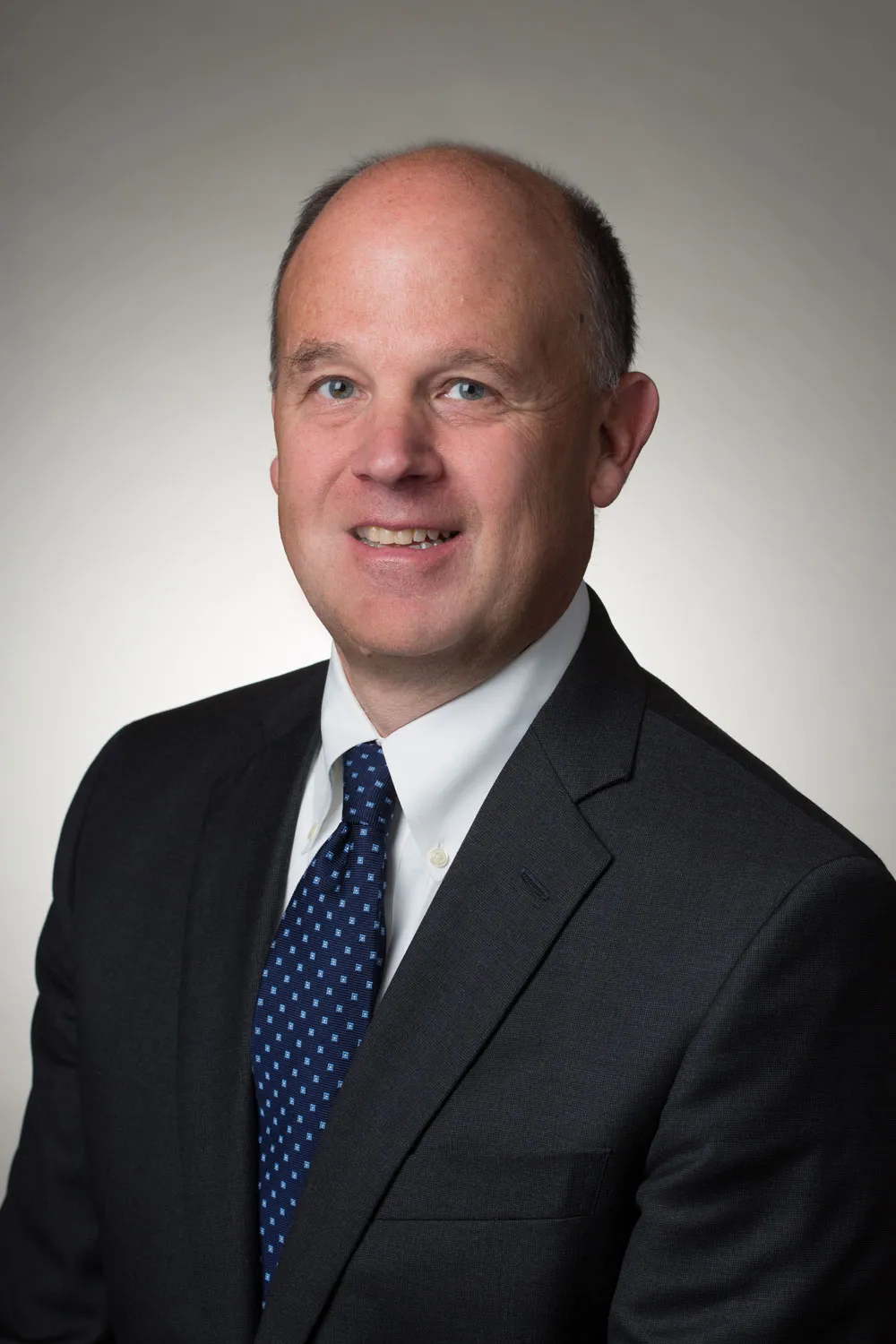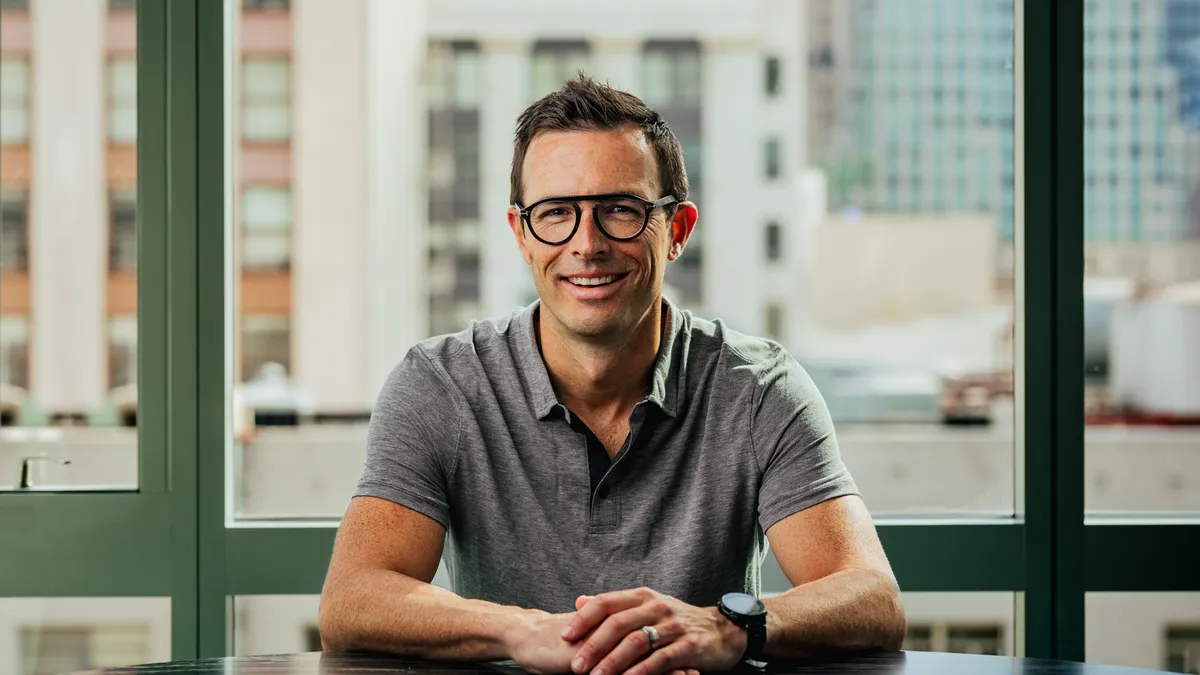The Financial Accounting Standards Board (FASB) has been on a roll making some big decisions lately. It has added such hot-button issues as cryptocurrency and digital assets, environmental credits and software costs to its technical agenda, which signals an issue is a top priority and tees it up for standards setting. It has also dropped a four-year project to change goodwill accounting.
Those changes follow a lengthy outreach effort spearheaded in 2020 by the then newly arrived FASB Chair Richard Jones. The goal: to get input from investors, accountants, auditors, regulators and academics on where the board should focus its standard-setting efforts.

Embarking on the agenda outreach program was one of the first steps Jones took after joining FASB. After nearly three decades of “applying the rules” at Ernst & Young, Jones told CFO Dive, it was “important for me to do the outreach with all of those stakeholders to understand where they were coming from, where we could improve financial reporting, and the best way to go about it.” FASB’s effort, which drew more than 500 responses of which 445 addressed digital assets, concluded last month and led to a revised agenda.
Jones recently spoke to CFO Dive about the outreach process and his outlook on FASB’s priorities going forward. The following is a Q&A between Jones and CFO Dive’s Maura Webber Sadovi. Remarks have been edited for clarity.
CFO Dive: You have a new technical agenda as a result of the outreach initiative. Do you have more projects on your plate than FASB has historically had?
Richard Jones: We have 18 projects on the technical agenda and eight projects on our research agenda. Not every project is the same; some are narrower and some are broader, so a pure numbers comparison would not be fair. We have a fairly full agenda between the technical and research agendas but we have one that I am confident we can accomplish.
CFO Dive: Were you surprised by anything that you learned through the outreach program?
Richard Jones: We kicked it off in the midst of the pandemic so one of the things I was pleasantly surprised about was how interested our stakeholders are in improving financial reporting — and that’s all of our stakeholders. I mention that time frame because I do think it was unique. There were all sorts of business and other challenges but people took the time to weigh into our process because they understood the importance of accounting and financial reporting. There were a lot of great ideas that came in and we’ve been able to use those to shape projects on our existing agenda as well as adding new projects.
CFO Dive: Were you surprised by the volume of the feedback you got on crypto?
Richard Jones: I will admit there’s probably a lot of people in that group that had never heard of the FASB before and I joked that probably the only time the FASB ever trended on social media was related to crypto. But it was important. I recognize some of those respondents may have been more apt to invest in crypto than a company that holds crypto and does financial reporting, but it’s still important that we cast that broad net to get that input.
CFO Dive: There was an about-face around crypto with FASB recently putting it on its technical agenda after opting not to take it up in 2020. How did that happen?
Richard Jones: A year and a half ago we saw a couple of companies that had a material amount of crypto on their balance sheet and it was probably fair to say people weren’t necessarily sure how broadly that issue might apply in the future. One nice thing about doing the agenda outreach was we got to hear from more stakeholders and their views on that. I will tell you we got a broader range of input as well as people’s insights into whether they thought this was going to be an issue in the future. And I think our board looked at the entirety of that input and said we think now is a good time to work on it. It was simply a shifting, an acceleration of the priority. We also had a chance to remove some other things from our agenda.
CFO Dive: There has been a call from some in the crypto sector to get a quick fix from FASB on the fair market value issue. Is that something you’re considering?
Richard Jones: Where we are is, our board is going to make a decision on scope. That’s a key part of this because digital assets is a fairly broad category and it’s well beyond crypto. I would not be surprised if our board narrows this scope significantly. Not all crypto is the same. Some of it has nothing behind it, some of it has something behind it or has other rights. We’re going to have to make a decision as to whether we’re dealing with crypto where it’s simply a series of numbers exchanged like a bitcoin or if we are going to deal with some other categories. The narrower we make that, the more easily it would be for us to do a quick fix. We haven’t made that decision yet.
CFO Dive: What about goodwill accounting? How did FASB come to take that off the technical agenda after four years?
Richard Jones: I joined that project two years in, to be fair. Board members had a variety of different reasons but …the board was unanimous in the decision that we were not interested at the time in pursuing that model. It doesn’t mean we’ll lose the information. It doesn’t mean we couldn’t add it back in the future. It doesn’t mean we couldn’t learn something from the IASB [International Accounting Standards Board], but as a result we removed it from our agenda. From my perspective, I think, the standard setting we don’t do is just as important as the standard setting we do, because by choosing not to change, you’ve made just as big a decision as choosing to change. Sometimes making that choice requires enough information to fully evaluate it. Goodwill was an example of that.
CFO Dive: What are your priorities now?
Richard Jones: While I’d say projects on our technical agenda are all our priorities, there are certain projects that we heard were the priorities of our stakeholders. When we think through their priorities, their first was under the general theme of disaggregation of financial information. We have a project on our technical agenda called disaggregation of income statement expenses, which is directly responsive to that. We also have a project on disclosing additional expense information [for business segments]. We also have a project on improving income tax disclosures, [as stakeholders] were looking for additional transparency into international taxes and certain state and local taxes. I would say disaggregation would be number one and those are three projects that would fall within it. Digital assets was also one that came across loud and clear. We also heard a lot of input on environmentally-related matters.
CFO Dive: When you put something on the agenda what is the time frame for completing a project?
Richard Jones: Most of the projects on our agenda probably have a one- to three-year time frame for completion. Keep in mind, our process starts with us deliberating a model, creating an exposure draft and considering all the feedback we get. At that point, we can decide to finalize a standard, re-expose a standard or drop it. That all affects the timing of what happens. But I would tell you that, for the disaggregation projects, you’ll see exposure drafts on most of them within the next year. Depending on where we go with digital assets, that’s a pretty reasonable time estimate on digital, too.
CFO Dive: Why do you think investors are focused on the disaggregation theme?
Richard Jones: It’s [evolved] as investors try to understand the nature of the costs being incurred. I would expect the impetus behind the disaggregation of expenses is likely driven by the variability in costs — maybe it’s inflation, maybe it’s simply supply constraints, maybe it’s the scarcity of employment.
CFO Dive: I’d like to pivot to the broader regulatory environment. What impacts do you see in the accounting landscape or at FASB from the recent signals of more aggressive regulatory stances at the Securities and Exchange Commission (SEC) and the Public Company Accounting Oversight Board (PCAOB)?
Richard Jones: Whether they’re more aggressive or not I’ll leave that to you to determine. At FASB we’ve been setting accounting standards for almost 50 years and there have been lots of different regulatory regimes and different economic cycles. We obviously have close working relationships with the PCAOB and SEC and we continue to share info with them and understand their perspectives. But at the end of the day, one of those organizations choosing to focus on an area or take action in one area or another doesn’t necessarily affect us, nor does it take us away from our core mission of improving financial accounting.
CFO Dive: As board chair, what do you hope to accomplish and realize as your legacy at FASB?
Richard Jones: That’s an interesting question. I view myself as a caretaker coming here to fulfill the FASB mission. I hope my legacy is that I came in as a chair and contributed to the improvement of financial accounting reporting. It sounds simple but I’d be very happy with that.




















